Introduction
Dill is a common herb found in many gardens, both homegrown and commercial. It’s often used in many culinary dishes to replace parsley or add a delicious citrusy taste.
Can dogs eat dill, however? Actually, the short answer is yes. Generally speaking, dill is a safe treat for dogs that offers plenty of benefits. That said, it doesn’t mean that you should let your pup eat too much of it, though.
In this article, we’ll take a look at the various benefits and potential risks of this herb for your dog, how much of it your dog can eat, and how you can prepare and serve it as a delicious treat.
Why Dill is Good For Dogs
Dill is not only safe for dogs, it actually provides several benefits, as well. Here are some of them.
Freshens Their Breath
Dill is great at making your pooch’s breath fresher in an instant.
This is due to its antibacterial and antimicrobial properties that can help keep their mouth clean, removing odor-causing bacteria.
It can also help prevent gingivitis, which, when left untreated, can cause foul breath, as well.
Contains Vitamins and Antioxidants
Herbs are known to contain various antioxidants that can do wonders for the body. Dill is no different.
In particular, two of the antioxidant flavonoids it has are vicenin and kaempferol. Studies show that kaempferol may reduce the risks of cancer, diabetes, and inflammation. On the other hand, vicenin can help protect cells from free radical damage, which is linked to major diseases like cardiovascular diseases, joint and organ diseases, degenerative nerve diseases, and cancer. It has anti-diabetes properties as well.
In addition to that, dill also contains vitamins and minerals, like iron and calcium. It’s a good source of fiber too, which can help your dog feel more filled without the extra calories.
Helps with Digestion
It’s not uncommon for dogs to have digestive issues. After all, many dogs tend to eat whatever they can at any given time, regardless of the food is dirty or even spoiled.
If this sounds like your dog, having dill in your kitchen pantry can be a huge help. Dill can help them with digestion and improve nausea, gas, and cramps. It can even boost some dogs’ appetite after a bad case of indigestion.
Can Dill be Bad for Dogs?
As the saying goes, there’s no such thing as perfect, and that includes dill. In this section, we’ll discuss the possible risks of feeding dill to your dog.
Allergic Reactions
Did you know that dogs can have allergic reactions too? The most common allergens are wheat and dairy, but herbs like dill can sometimes trigger allergies in dogs, as well.
Dogs that are allergic to foods like celery, parsley, and coriander have a higher chance of getting an allergic reaction from dill since they all belong in the carrot family. If you know your dog is allergic to one of these, it’s probably best to avoid dill.
That said, even if you’re not aware of any existing allergies, you should still be careful when feeding dill to your dog for the first time. Give them a small amount first and observe their behavior for the next 30 minutes. Signs of an allergic reaction include skin redness, itching, and even difficulty in breathing.
Diarrhea and Vomiting
Although dill doesn’t contain substances that are toxic to dogs, too much of it can upset the balance of their stomach.
Adverse effects may include diarrhea and vomiting, or at the very least, loose stools.
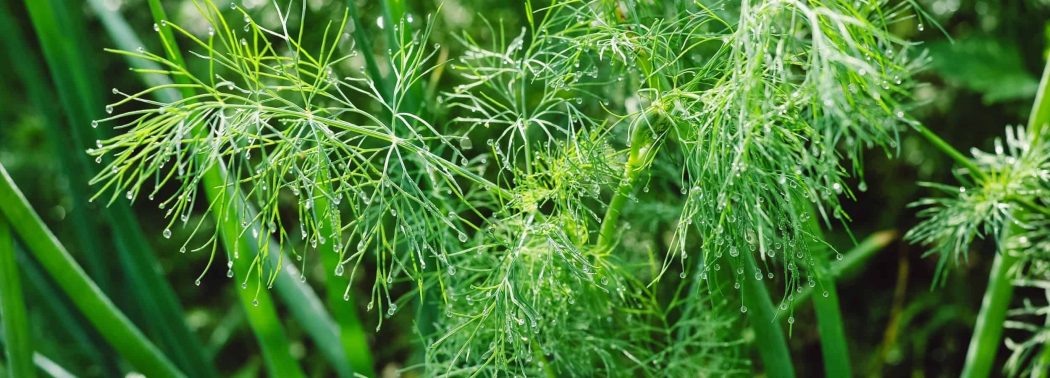
How Much Dill Can Dogs Eat?
Although dill is completely safe for dogs, it’s important to limit the amount of dill that your dog eats to avoid effects.
Ideally, you should only give them dill once or twice a week, with a maximum serving of 1 teaspoon per 10 pounds of body weight each time.
How to Prepare and Serve Dill to Dogs
The easiest way to serve dill to dogs would be by adding it to their water.
You can do this by either mixing a teaspoon of dill seed into their water bowl or by boiling dill leaves.
If your dog doesn’t find the taste appealing, you can also try using unsalted chicken or pork broth to add some flavor.
Of course, if your dog isn’t that picky, you can always just mix dill in their food, or sprinkle dill over it before feeding them.
Frequently Asked Questions
Dogs can eat dill pickles just fine, but it’s best to vastly limit their intake. While pickles do provide some benefits, they often contain high amounts of sodium and may even have ingredients that are dangerous for dogs, such as onion or garlic. A small treat every once in a while will do.
Dill weed isn’t toxic for dogs, but it can cause an upset stomach in some. However, it’s best not to let your dog get into the habit of eating weeds in general, as there are some kinds of weeds that are toxic to dogs.
Dried dill carries the same benefits as fresh dill so if it’s nutrition you care most about, it’s fine to feed them either type. Some dogs may prefer fresh dill to dried dill due to the texture, though.
Just like humans, dogs can have different tastes and preferences. Some dogs like dill, others don’t. One thing’s for sure: you won’t know if your dogs like dill until you try feeding it to them.
Conclusion
Dill is a safe and delicious treat that most dogs don’t mind adding to their diet. It has antibacterial and antioxidant properties, aids them with digestion, and contains vitamins and minerals that make them
On top of that, it also gives them a fresher-smelling breath that you’ll certainly love when they go in for a cuddle. Just be sure not to go overboard when feeding them dill, as it may cause vomiting and diarrhea when taken too much. Also, if it’s your dog’s first time trying it, be sure to only feed them a little bit in case they have an allergic reaction.
Sources
- A Review on the Dietary Flavonoid Kaempferol, 2011, J.M. Calderón-Montaño et al.
- Vicenin 2 isolated from Artemisia capillaris exhibited potent anti-glycation properties, 2014, Md. Nurul Islam et al.
- The Study of Anti-Inflammatory Activity of Oil-Based Dill Extract Used Topically in Formalin-Induced Inflammation Male Rat Paw, 2012, Naseri et al.
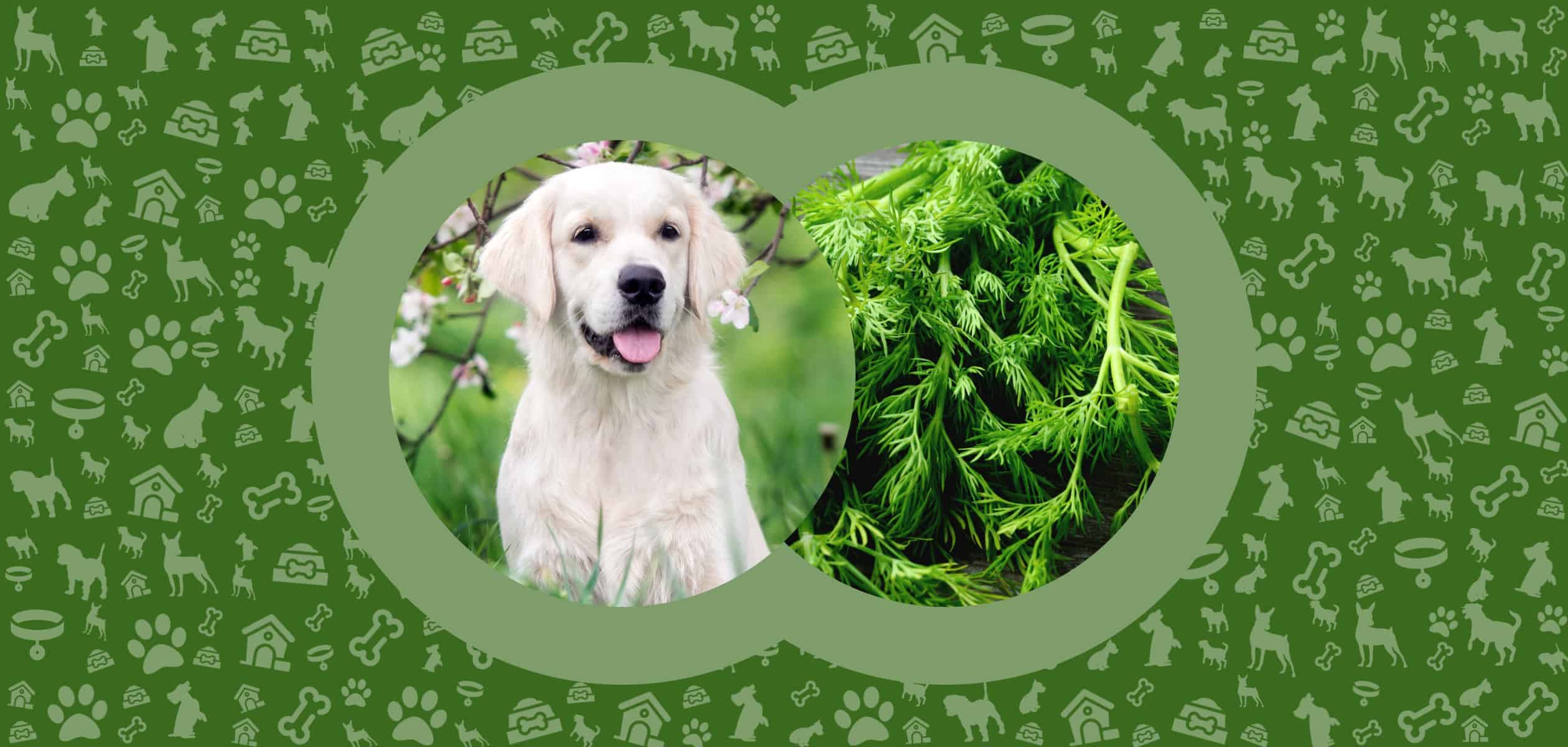
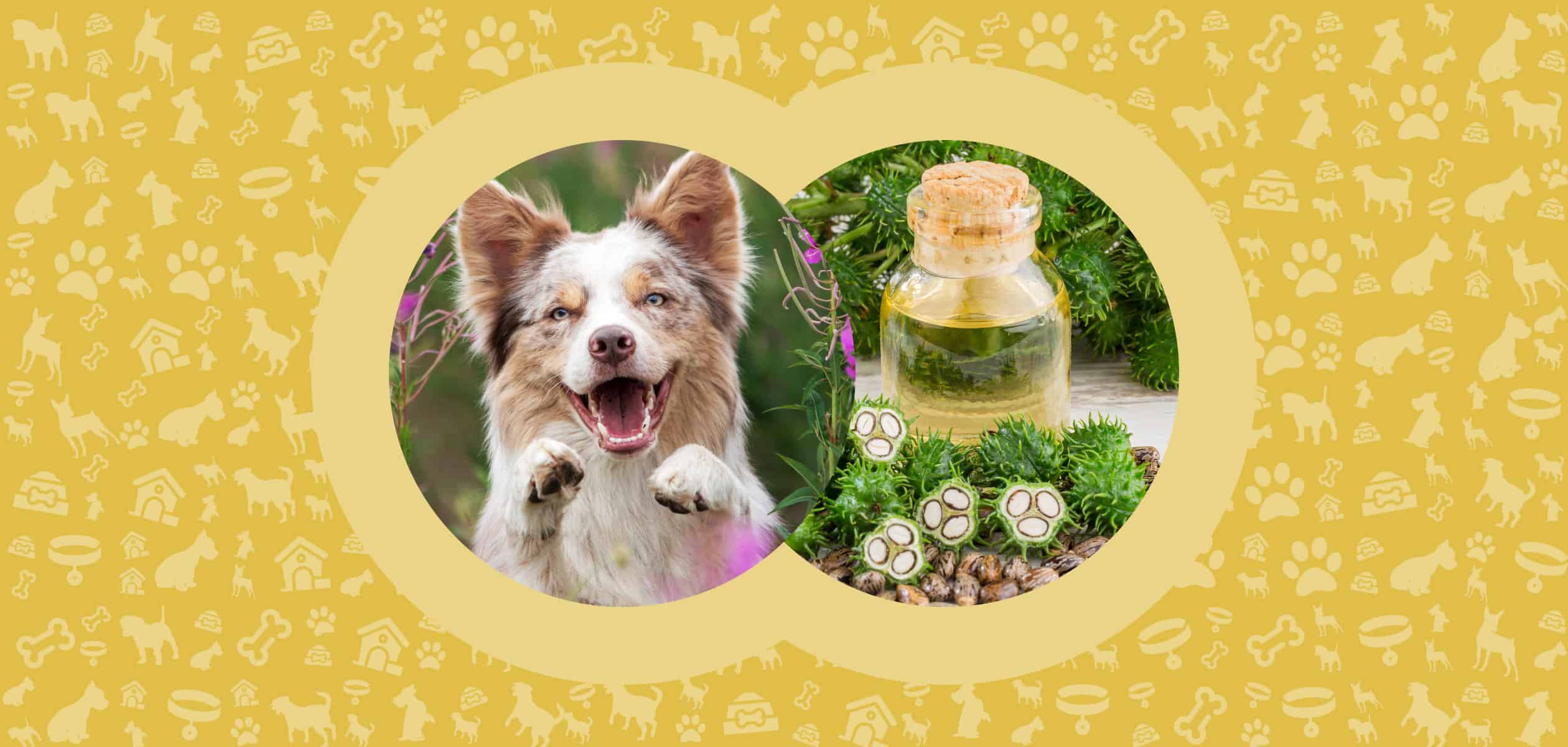

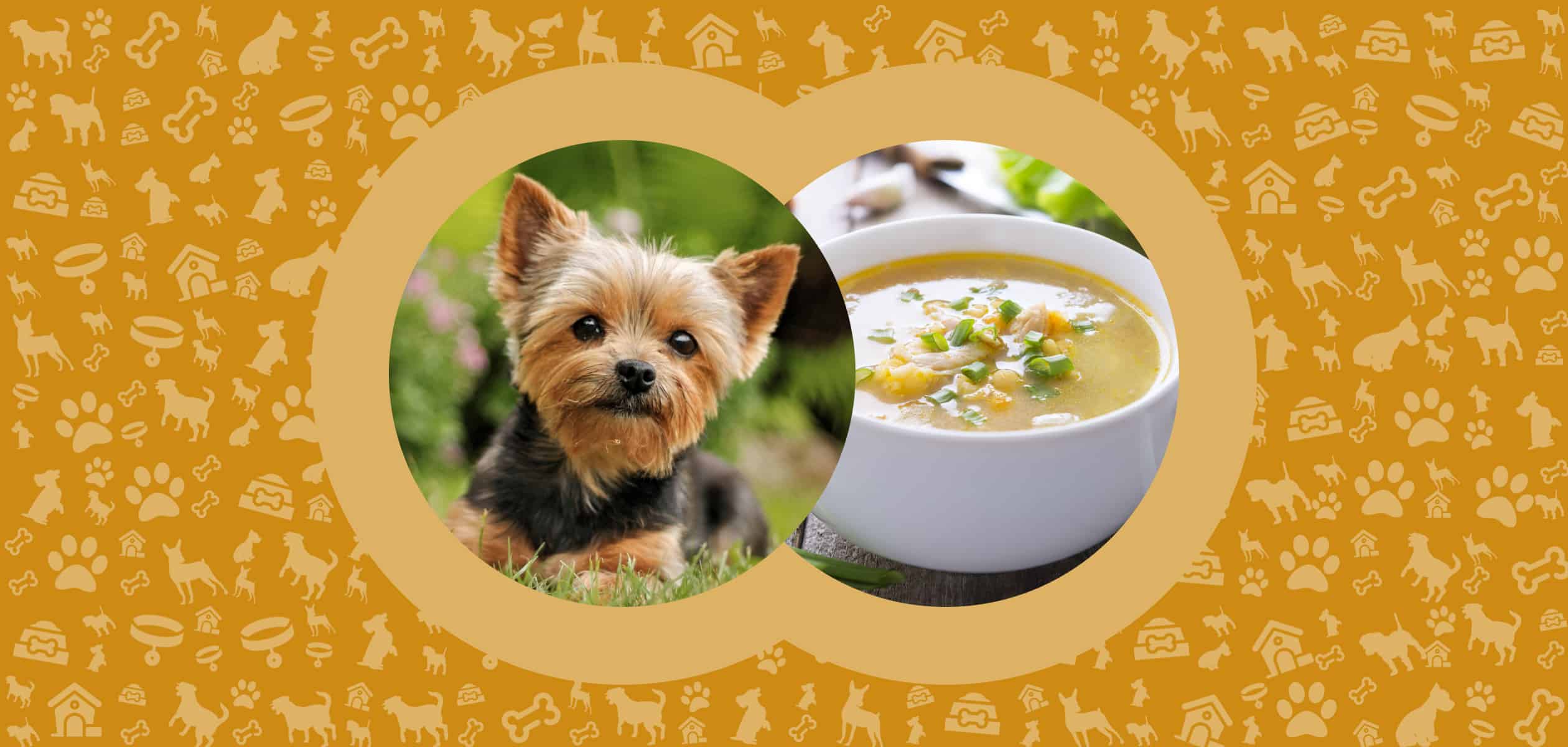
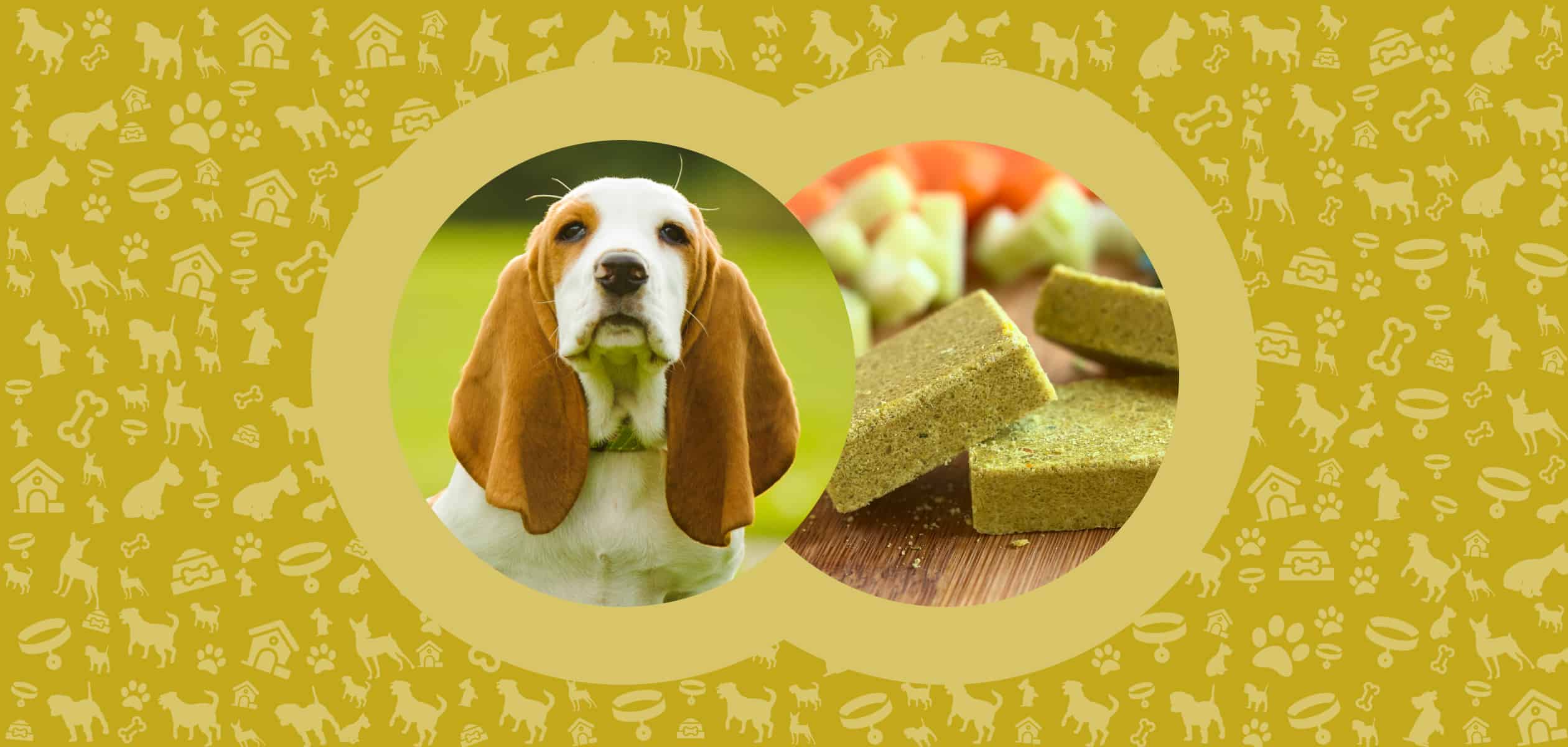
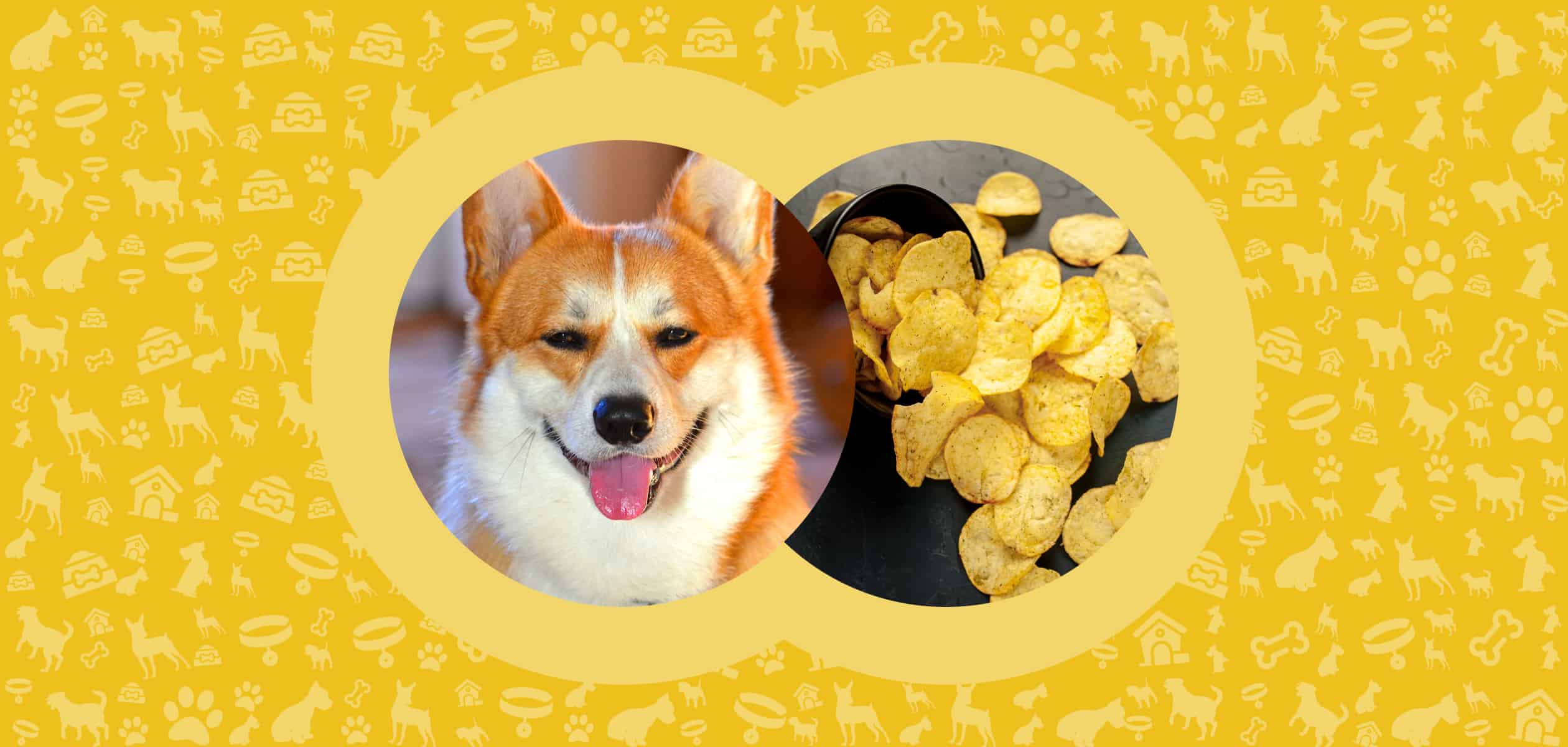
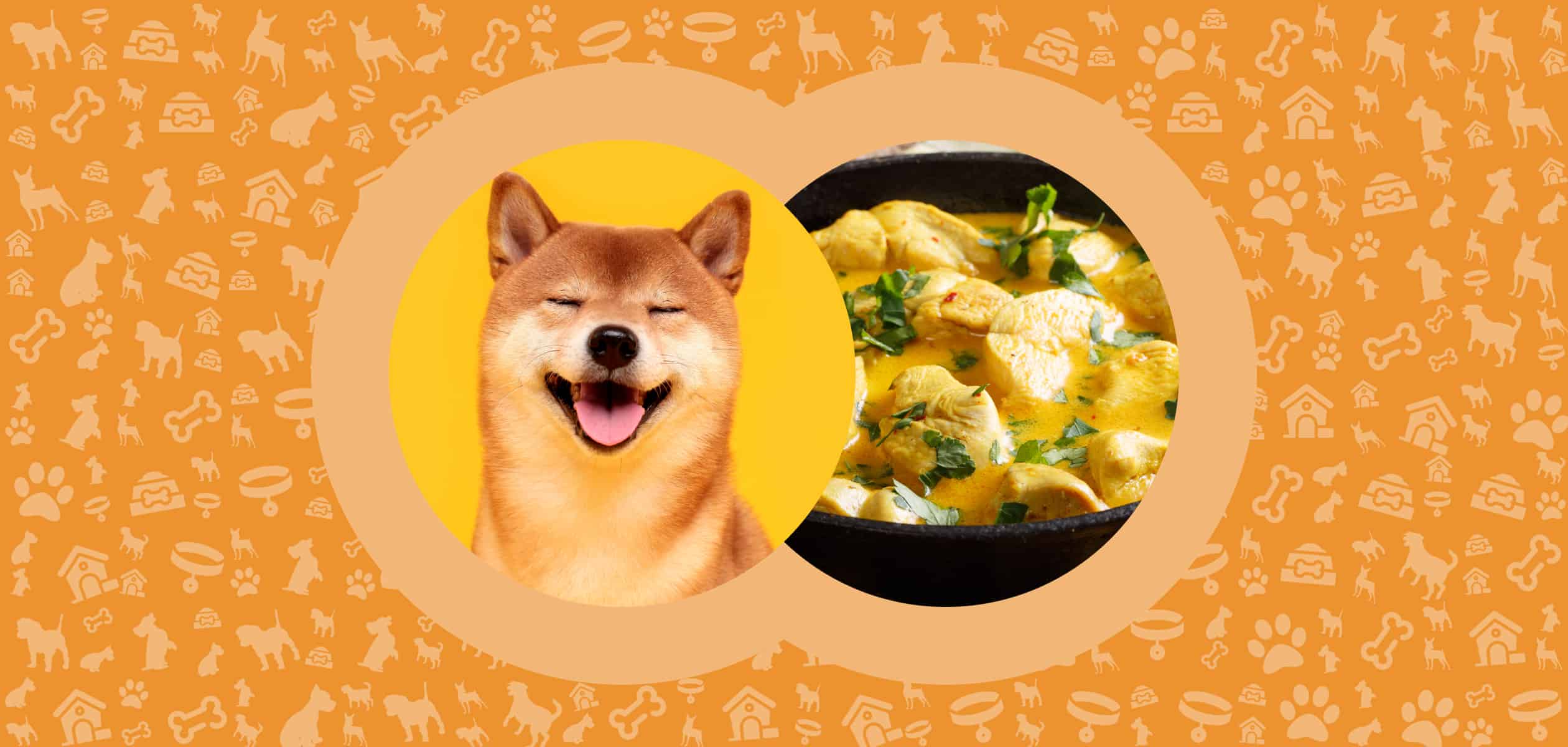
Leave a Comment